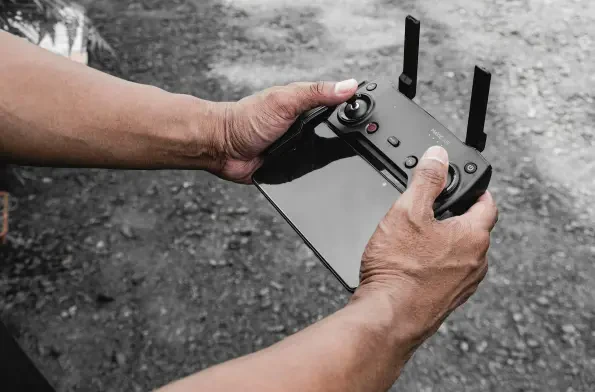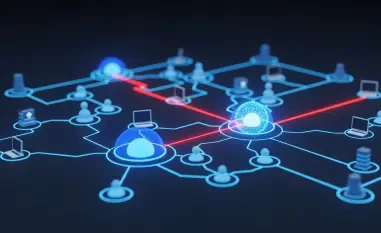In a startling revelation that underscores the persistent dangers lurking in the digital realm, a recent cybersecurity report has exposed a sophisticated wave of attacks targeting European defense firms specializing in drone technology. These cyber assaults, attributed to the North Korea-aligned Lazarus Group, are part of a long-standing espionage campaign known as Operation DreamJob. Detected earlier this year, the operation specifically zeroed in on three prominent European companies, including a metal engineering firm, an aircraft components manufacturer, and a defense contractor. The attackers employed advanced social-engineering tactics, tricking employees with deceptive ploys to compromise sensitive systems. This development raises alarming questions about the security of critical military and aerospace data in an era where state-sponsored cyber threats are becoming increasingly brazen. As drone technology continues to play a pivotal role in modern warfare, the stakes for protecting such innovations have never been higher.
Sophisticated Tactics of Cyber Espionage
The Lazarus Group has refined its espionage methods to a chilling degree of precision in this latest campaign. A hallmark of Operation DreamJob, the attackers used fake job offers to lure unsuspecting victims into downloading malicious software disguised as legitimate tools. Once activated, trojanized PDF readers and other seemingly harmless applications installed a remote access Trojan (RAT) dubbed ScoringMathTea, granting hackers complete control over compromised systems. The malware delivery mechanisms were particularly cunning, often hidden within manipulated open-source projects sourced from platforms like GitHub. Additionally, new tools introduced in the campaign included trojanized versions of popular software like TightVNC Viewer and MuPDF, paired with custom loaders crafted from DirectX Wrappers and Notepad++ plugins. This blend of social engineering and technical innovation highlights how the group continuously adapts its strategies to bypass even the most vigilant cybersecurity defenses.
Strategic Focus on Drone Technology
A deeper look into the campaign reveals a clear strategic intent behind the targeting of European firms involved in unmanned aerial vehicle (UAV) development. Evidence from the attacks, such as a malicious file named DroneEXEHijackingLoader.dll, points to a deliberate effort to steal drone-related intellectual property. Two of the affected companies are directly tied to drone components and software, aligning with North Korea’s known ambition to enhance its own UAV capabilities, often mirroring designs of advanced U.S. military models like the RQ-4 Global Hawk. The timing of these cyber operations also coincides with geopolitical tensions, including reports of North Korean military involvement in conflicts like Ukraine, fueling speculation that stolen data could be leveraged to refine Pyongyang’s drone arsenal or gain insights into Western technologies deployed in such regions. This focused assault on UAV expertise underscores a broader trend of state actors prioritizing cutting-edge defense technologies, signaling a growing risk to the global defense sector.













